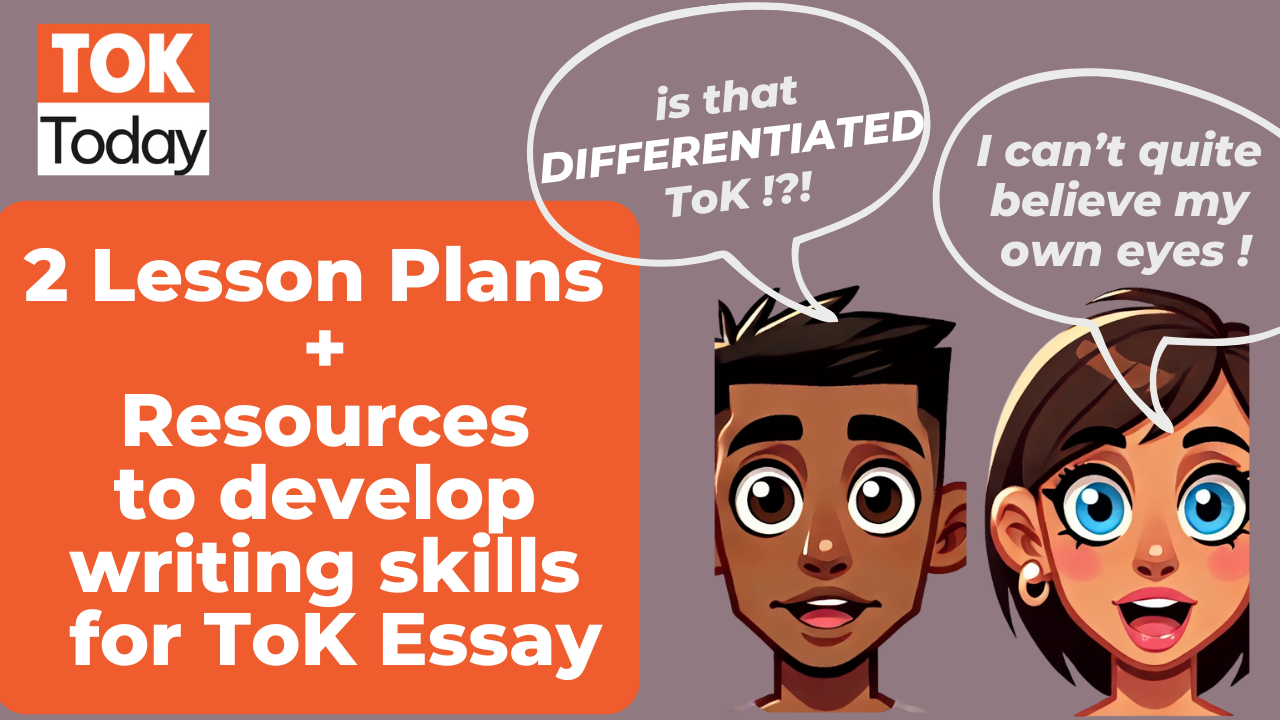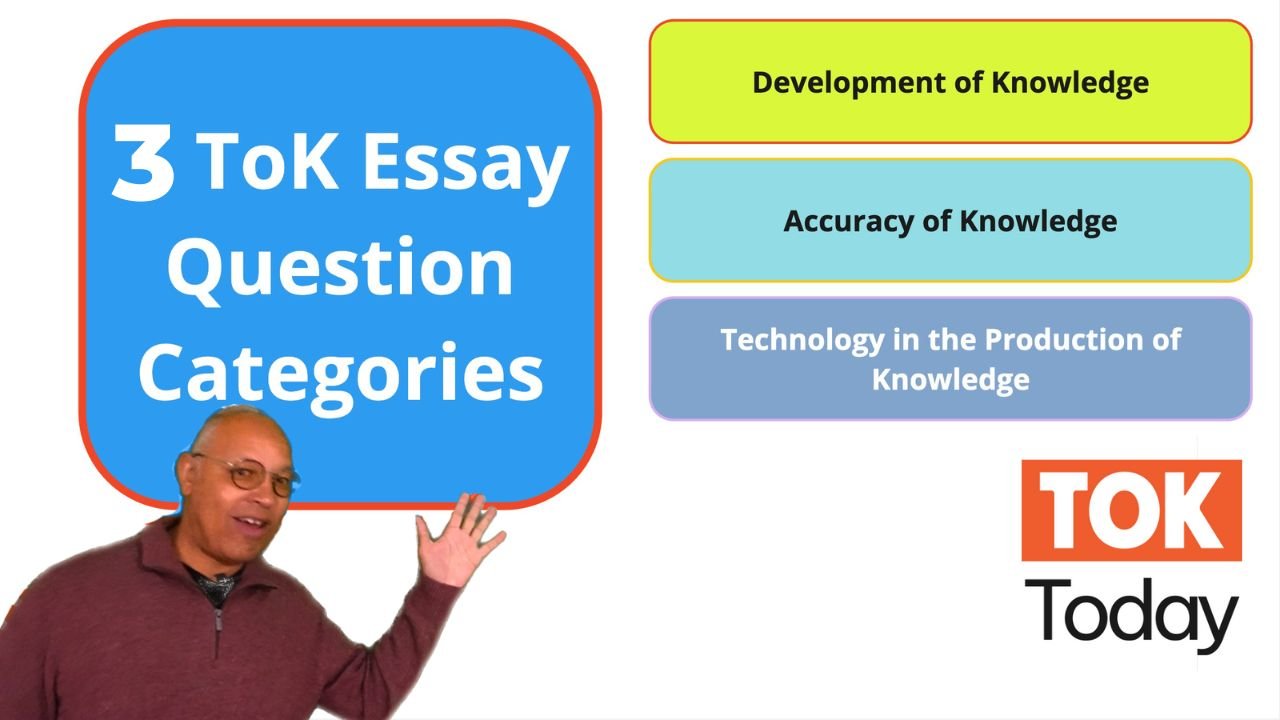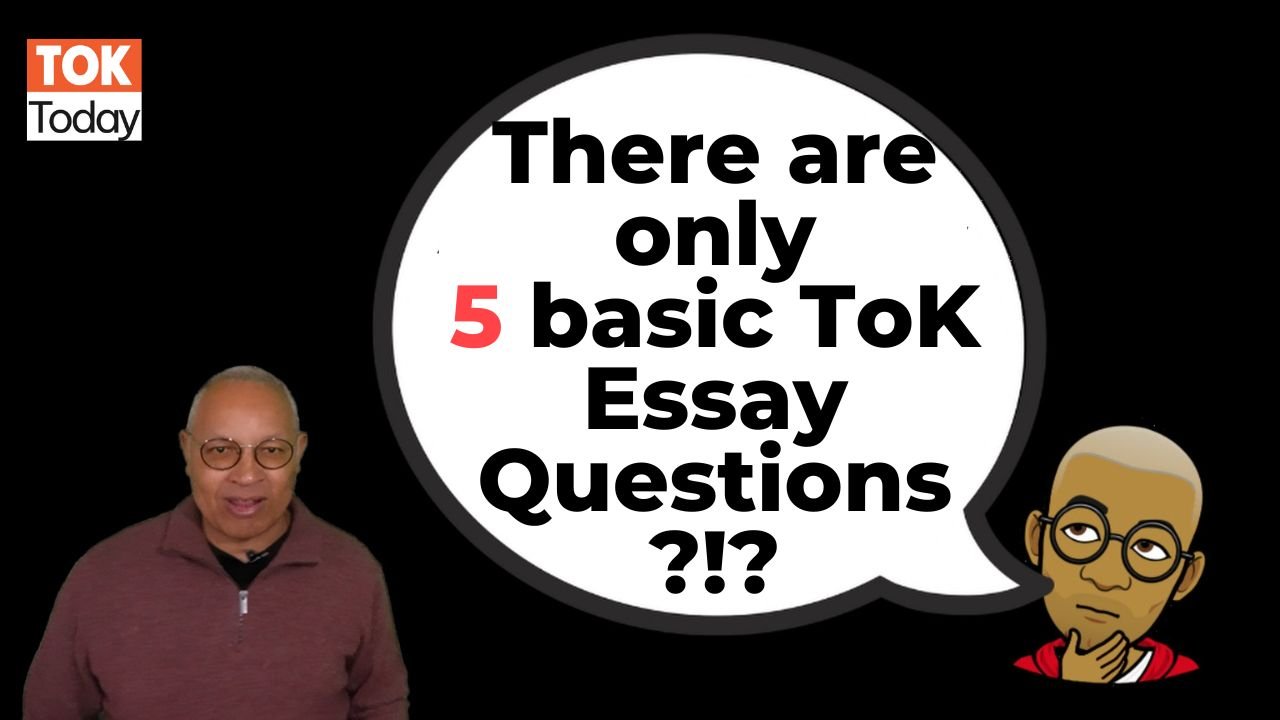


















ToK Essay Activator Questions
A set of questions to help students to develop their arguments at the beginning of the ToK Essay writing process.

Critical Thinking - how to teach it.
Kolb's Learning Cycle is the fundamental model that I use to plan ToK Lessons. It is an effective structure for developing critical thinking skills because it builds self reflection.
